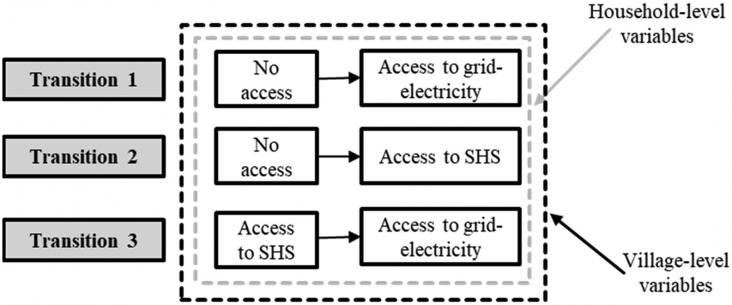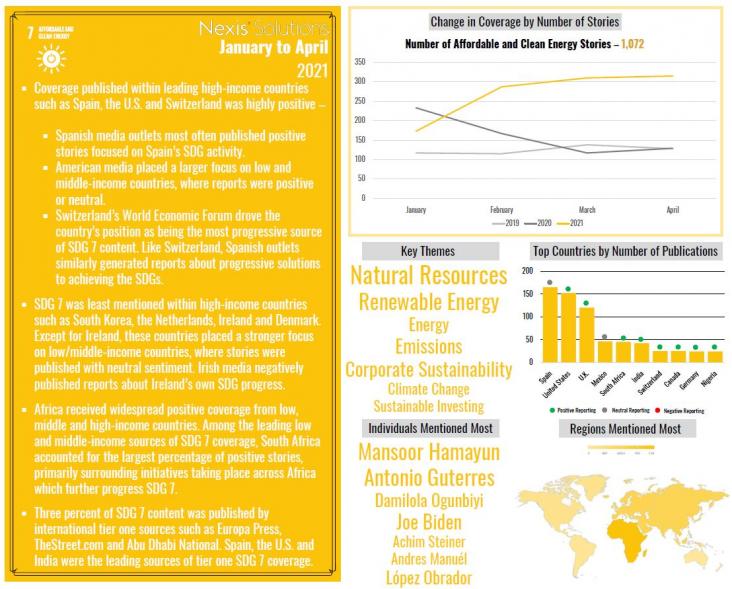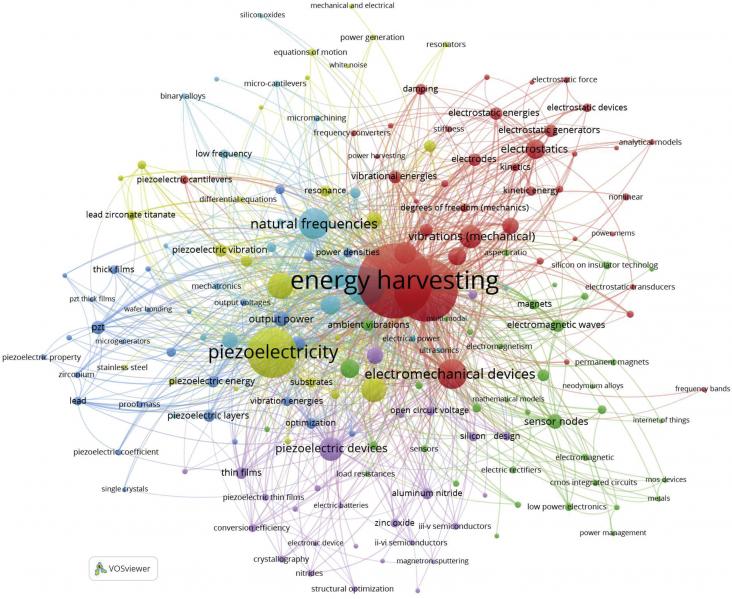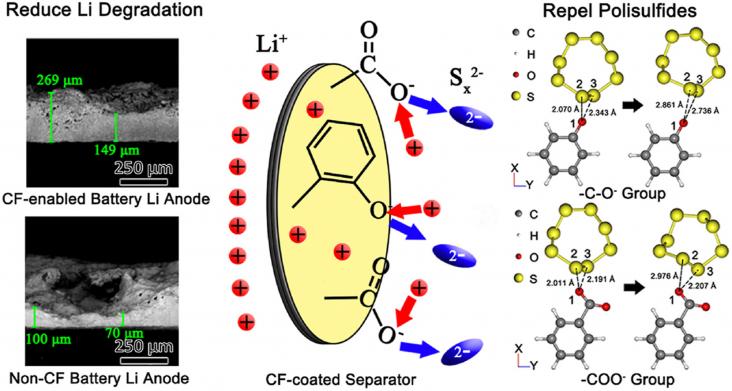Samuel M. Gorton, Chapter 41 - Integrated agroecological technology networks for food, bioenergy, and biomaterial production, Editor(s): Anju Dahiya, Bioenergy (Second Edition), Academic Press, 2020, Pages 767-788, ISBN 9780128154977, https://doi.org/10.1016/B978-0-12-815497-7.00041-5.

This paper presents an analysis of the path towards a clean energy transition in rural areas, from the time that households do not have electricity access from any source, to when they get access t


Nexis Newsdesk™ has created reports on the Sustainable Development Goals and the Global Media Landscape, offering charts & insights into global media coverage of the Global Goals.


